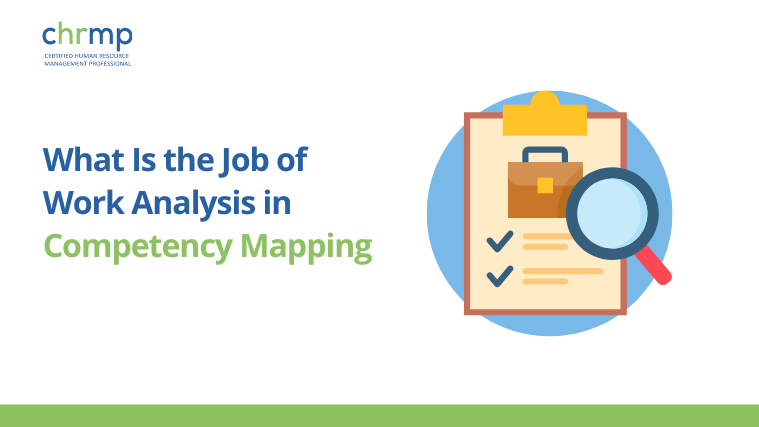

Evaluating training effectiveness in HR is very significant aspect, in order to know its efficacy and also to plan if any changes are required in the existing module.
Wayne F. Cascio, an American economist and a distinguished Professor defined the training as
“Training consists of planned programs undertaken to improve employee knowledge, skills, attitude and social behaviour, so that the performance of organisation improves considerably”.
An appropriately conducted training program may lead to enhanced job satisfaction and higher level of motivation among the employees. This in turn, may result in increasing the efficiency of processes and products, assimilation and adoption of new technologies or methods. It may also foster creativity and innovation in the organisation.
However, when it comes to evaluating the training effectiveness, HR professionals undergo lot of difficulties.
In this blog, an attempt has been made to make your job easier with respect to above.
For evaluating any training, HR professionals must ask the following questions to themselves. A clear cut answer to these questions will help them to evolve an appropriate strategy to evaluate training effectiveness.
The first question which must be asked is “why to evaluate the training effectiveness”, viz what is the purpose of evaluation. The purpose may be as per needs of your organisation and related aspects and it may be any of the following
You must be quite clear in what you want to evaluate. Some aspects, which may be considered are given below
Participants are the prime people, who must be involved in the evaluation process. However, the team leaders, managers of the participants along with their co-workers, peers, customers and even the sub-ordinates may be included in the evaluation process.
The senior management should also be involved, because it is they, who decide the direction an organisation has to take.
Please remember that money spent on training must be accounted fully. Hence, one way may be R.O.I (return on investment). But more important is the selection of methodology for evaluating training. However, the methodology adopted may be organisation and objective-specific. If the objectives of your organisation are met by a particular evaluation process, that should be the best for you.
The evaluation should be a continuous process. This may be done during the session being conducted, at the conclusion of the training on the same day and also during an extended period, when the participant is expected to implement the learning. During this extended period, the job performance aspects of participants may be observed to assess if the key elements of training imparted, are being put to practice or not.
It must be borne in mind that training process is a never ending cycle: analysis, design, development, implementation and evaluation. Evaluation comes into play only after training needs analysis has been duly done followed by design, development and implementation. This blog will help in deciding your strategy for evaluating the effectiveness of training. Already, a four level model developed by Donald Kirkpatrick (1994) exists, which may be used for it. We will touch upon Kirkpatrick model in our next blog.
Ripples learning has developed a software to determine the post_ training implementation effectiveness of training imparted, during an extended period of 3 months to one year.
For more details, please log on to
Apart from corporate training and consulting solutions, we are conducting Certified ‘Human Resource Management Professional (CHRMP), Certified ‘Sales and Marketing Professional (CSMP), Certificate in ‘Corporate Social Responsibility (CCSR), certified Learning and Development (CLDP), and “HR Analytics”programs.
For knowing more about us, please log on to the following websites:

© 2007-2025 CHRMP| All Rights Reserved | Powered by Ripples Learning & Research Private Limited
